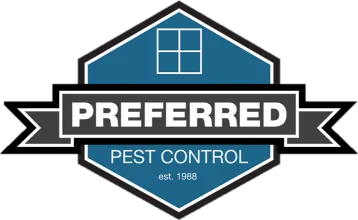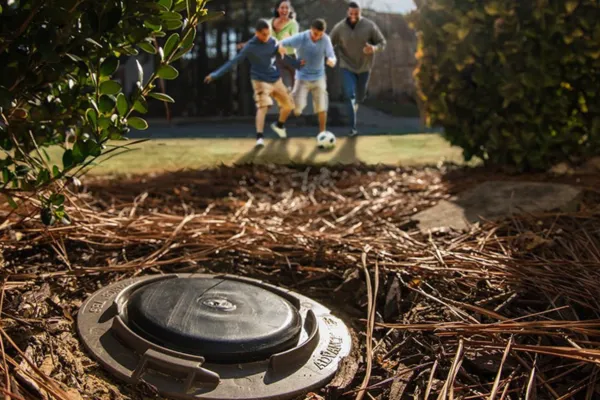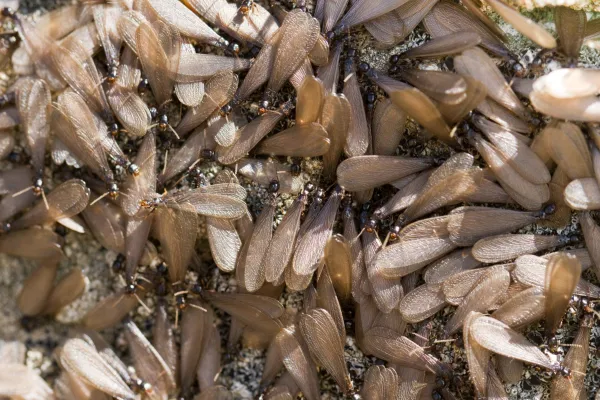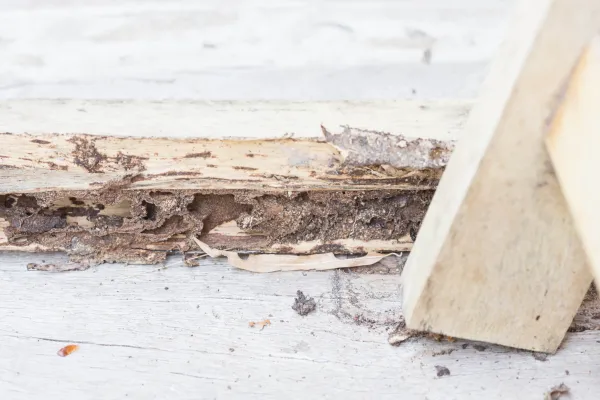Tough Questions on Spray Foam Insulation
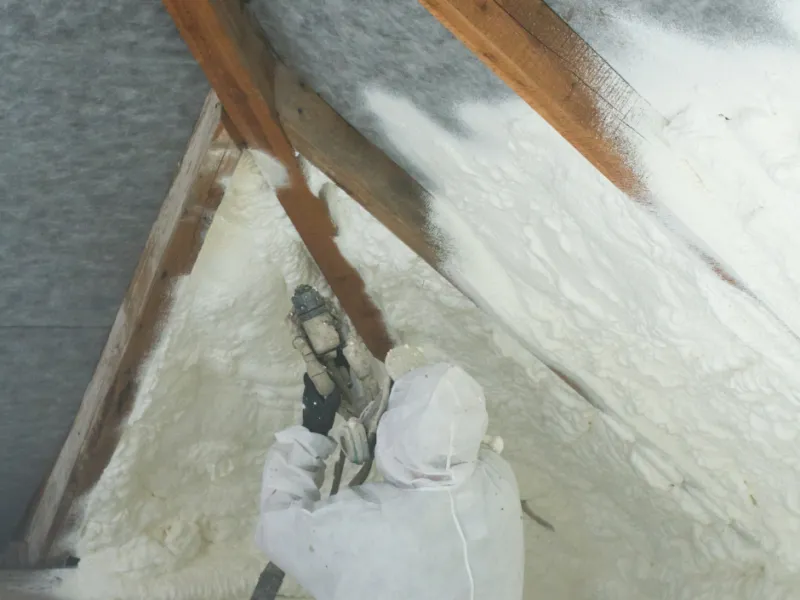
Remember years ago when a new product hit the hardware store shelves – Great Stuff® foam insulation? Homeowners fell in love with this brand new product to fill the gaps within their homes. It was praised, just like its name, to be the next great homeowner do-it-yourself tool. Just like all things, spray foam insulation evolved. Companies started spraying walls, attics and crawl spaces, promoting huge energy savings and noise reduction. Like all new trends, hidden unknowns arise within time. Most consumers are unaware that spray foam applicators are unregulated by the Department of Agriculture in Georgia. This brings me to my next point – spray foam and how it affects your termite warranty.
Spray foam, when applied to a home under a termite warranty, is considered a structure alteration. Under most termite warranties a structure alteration may result in a breach of contract. Spray foam companies are not required to tell consumers that their products may void other warranties on their homes. Luckily for us, the SPCC (Structural Pest Control Commission) works with the Department of Agriculture to identify possible issues and educates the public about structural pest management. In an article released by the SPCC , it is stated that spray foam “creates possible conditions that may invalidate your termite warranty.” In some cases, expanding foams are able to exert considerable force on anything that tries to contain them. Foam has often been applied to the underside of timber framed roofs, primarily as a cure for slate slippage on old roofs with decaying nails. But this can cause serious structural problems. Water reaching the timber structure is no longer able to drain & evaporate away, and timber can saturate and rot. The foam makes inspection of the timber structure impractical. Asphalt roof manufacturers recommend against using spray foam directly on the under-side of roof sheathing called a hot roof. The lack of ventilation allows high heat buildup which is the primary cause of deterioration in asphalt shingles.
Pest control companies often have to cancel termite protection plans because the areas within the attic and crawl space are now covered in foam causing the area to be deemed inaccessible. The two primary reasons behind this recommendation are protection and inspection. Pest control companies cannot protect homes from termites if they cannot see the structure during an inspection. Spray foam covers the same areas which are needed to be seen for a typical termite inspection. Preferred Pest Control’s inspectors have documented subterranean termite activity within a spray-foamed crawl space. The termites traveled through the spray foam into the floor support joist connecting them from joist to joist causing unseen damage for many years. Just like trapped moisture in the roofs, this subfloor had trapped moisture caused by spray foam insulation. Spray foam companies just want to sell you on the huge energy savings. These savings will take years to recover as the cost to spray foam a typical attic or crawl space can reach the thousands, not including the cost associated with a loss of a termite protection plan and other home warranties.
Now is the time for consumers to be aware. When the spray foam company’s sales guy comes knocking in your neighborhood, don’t be afraid to ask the tough questions. You might be surprised at the answers you get. Remember – before allowing any structural changes to your home, consult your pest control company on how it may affect your warranty. Preferred Pest Control is always seeking to answer the tough questions when it comes to maintaining the value of your home. As always, feel free to consult with Preferred Pest Control’s experts on how to better protect your most valued asset.
